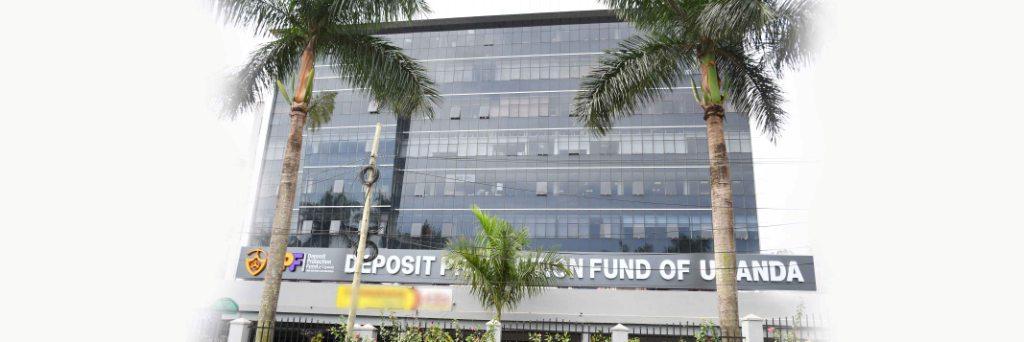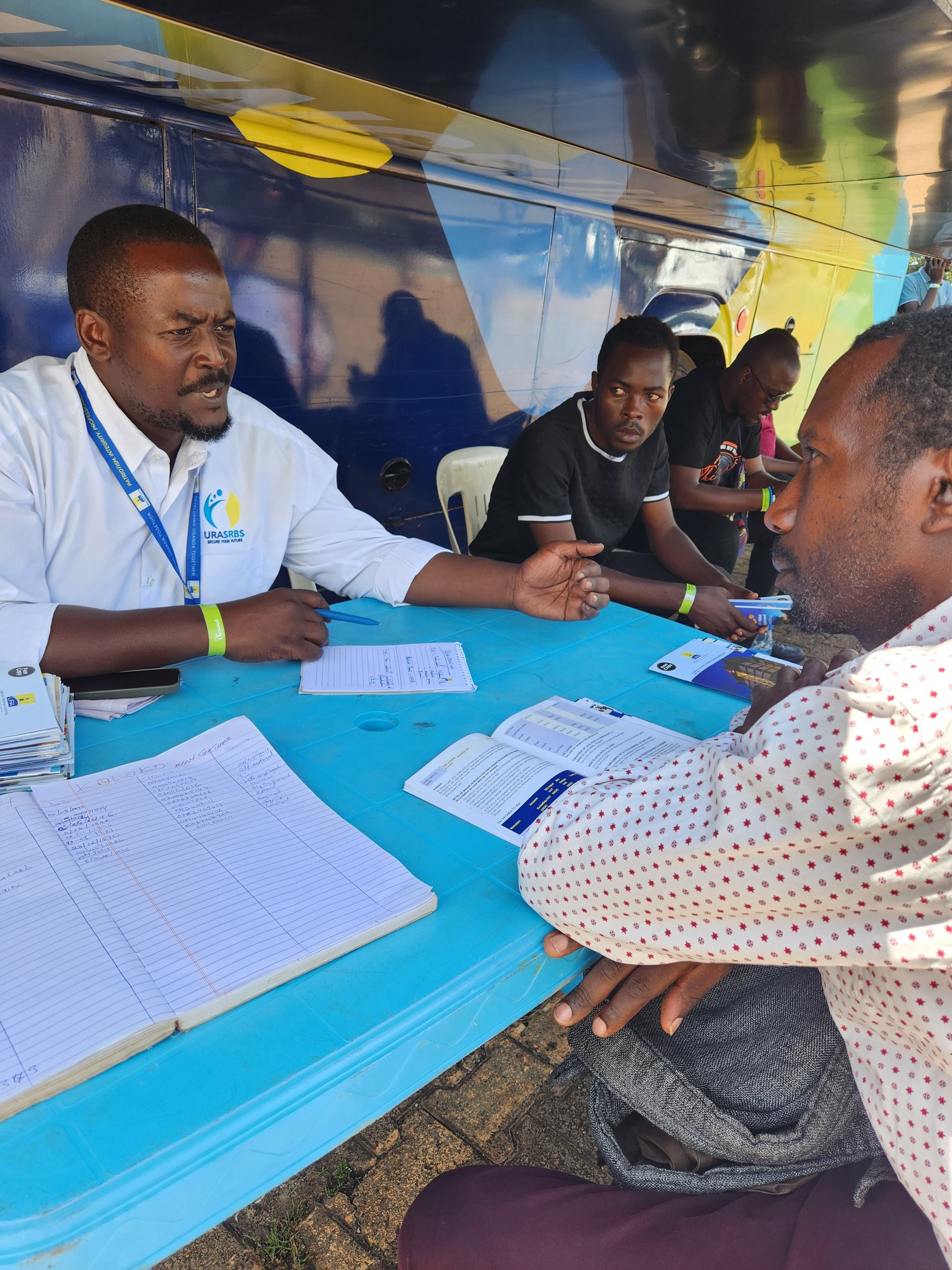The Alternative Dispute Resolution (ADR) mechanism is now formally being promoted by the judiciary as the best remedy for community conflicts across Uganda. This follows the declaration of the 2023 ADR launch in Kampala.
Recently, the court registrar in Mbale challenged judges, lawyers, and other court users to ensure that alternative dispute resolution is given top priority in the resolution of conflicts. “Not every conflict is for court,” they stated. “We have competent elders and structures like cultural institutions and churches; these are now partners in resolving disputes according to the new court protocols.” Courts of law, it was emphasized, should be reserved for dealing with only sensitive cases.
While in Munyonyo recently, the Chief Justice of Uganda briefed a delegation of the Bamasaaba people, whom he had personally invited. The delegation included spokesperson Mr. Steven Masiga, Minister for Culture Hon. Kutoi Moses, and Umukuka’s Special Envoy Hon. Irene Manghali. The Chief Justice highlighted that countries like Zambia and Namibia have significantly reduced court case backlogs through the use of alternative justice systems, a mechanism that promotes healing in communities as opposed to court litigation.
The alternative justice system is a method of resolving disputes outside the traditional court system. Research findings indicate that 90% of cases are resolved through Alternative Dispute Resolution (ADR) as opposed to litigation. This is why the judiciary is moving in full swing to promote such a method, which will eventually reduce court backlog.
Below is the delegation from Bamasaaba Cultural Institution with the Chief Justice of Uganda, His Lordship Owiny-Dollo.
The Constitution of Uganda includes a constitutional provision on the use of the Alternative Justice System, which among others, envisages healing and unity in communities [Art 126(2)(d)].
The spokesperson of the Bamasaaba Cultural Institution highlighted the relevance of the Alternative Justice System in Munyonyo at the ADR National Summit. Participants, including judiciary officials, ministers, the DPP, and cultural and church leaders, resolved to archive the “Bukuka resolution outcomes” as a leading precedent on ADR. A resolution was passed by participants that such a good example of mediation efforts used by the Bamasaaba when they were confronted with the issue of leadership should be archived as a precedent for cultural institutions across Uganda to follow in similar situations.
In 2023, working together with the High Court in Mbale and the Ministry of Gender, the Bamasaaba utilized Article 246(2) and Section 16(1) to resolve the Bukuka leadership dispute, which led to the current gazettement of Umukuka III, Jude Mike Mudoma.




















